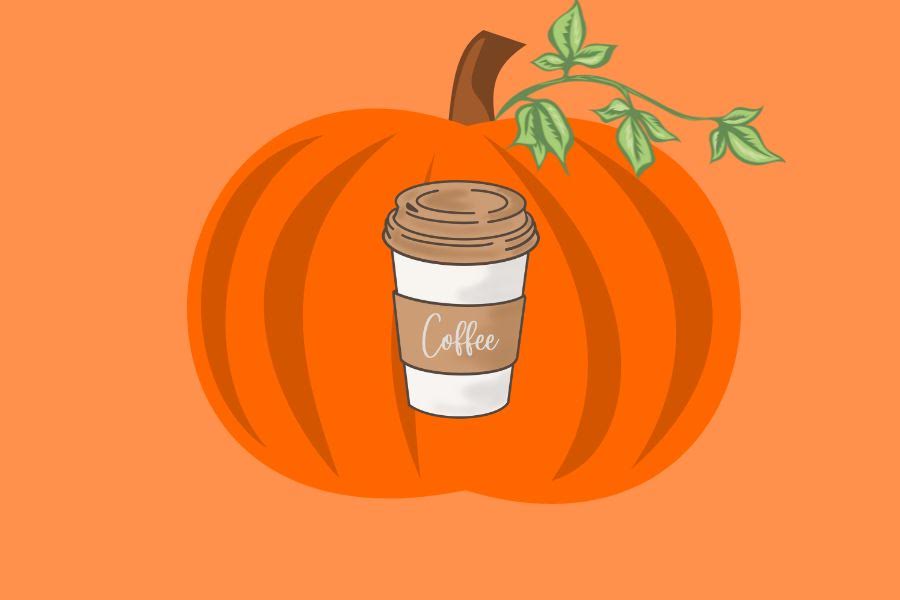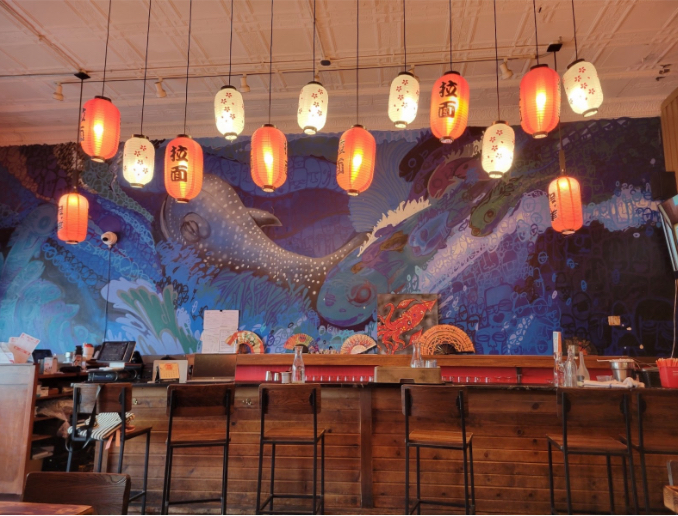Thursday, August 24th of this year marks the 20th anniversary of pumpkin spice at Starbucks. Other coffee shops also release their pumpkin syrups during the last weeks of August.
Pumpkin spice is a combination of cinnamon, nutmeg, cloves and ginger. To most, the release of pumpkin spice marks the beginning of autumn, but to others it is simply another drink to roll their eyes at.
Despite the negative connotations surrounding the “basic” coffee sweetener, it is Starbucks’ most popular seasonal drink. In 2022, Forbes estimated that “Starbucks will make in the region of $100 million in revenue from pumpkin spice lattes.”
In 2014, Starbucks swapped their ‘spice-ful’ syrup to a sauce that contained actual pumpkin puree. Subsequently, the height of pumpkin spice hate was during the mid 2010s.
Provided reasons for the hate include: concern over the health of sugary latte drinkers, anger at pumpkin syrups not having actual pumpkin and it being a “basic” trend that comes and goes each season.
Late night shows, social media figures and articles released pieces that poked fun at coffee-loving individuals excited for autumn.
Senior Correspondent for Vox Alex Abad-Santos described pumpkin spice lattes as “an unctuous, pungent, saccharine brown liquid, equal parts dairy and diabetes, served in paper cups and guzzled down by the liter,” in a 2014 article.
The unappetizing description of PSLs (pumpkin spice lattes) wards off individuals by raising concerns over the nutritional value of pumpkin syrup.
It is bothersome to hear individuals talk about health concerns of sugary drinks, only during autumn. It’s almost like sugar doesn’t exist in spring, summer or winter.
Author for CU Denver News Alicita Rodriguez responded to the fact that many pumpkin spice products don’t have actual pumpkins in them, “I have a feeling pumpkins everywhere are silently trying to distance themselves from these dubious food products.”
These same concerns of pumpkin spice syrups can be given to any seasonal flavor or food. Drinking blue-raspberry slushies during summer isn’t the healthiest, carrot cakes in the spring have more sugar than they have carrots and having a peppermint mocha is a trend that comes and goes each winter.
Individuals targeting excitement over fall treats seem to have a superiority complex over a season. Letting people enjoy things is not difficult and, in fact, takes less effort than criticizing an innocent interest.










